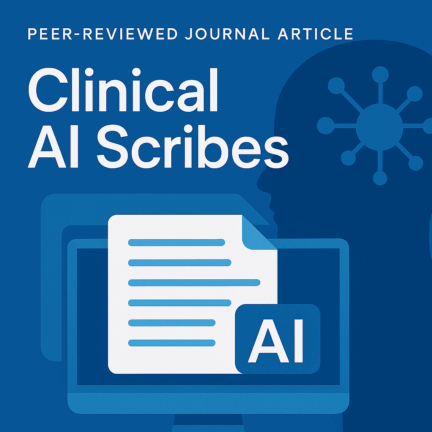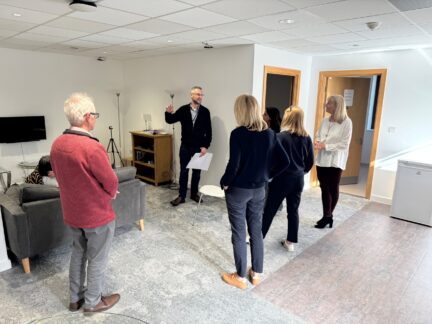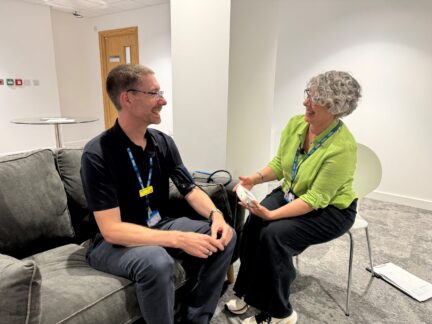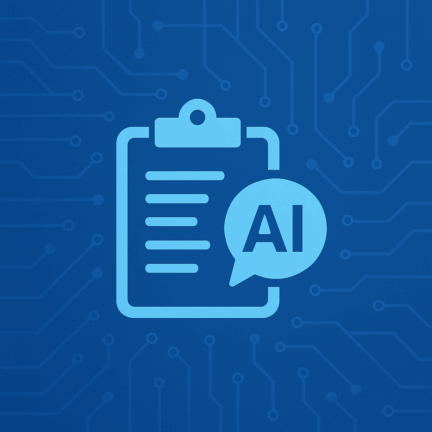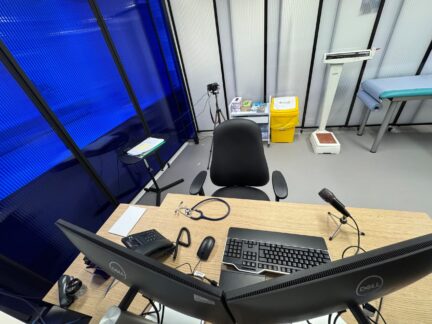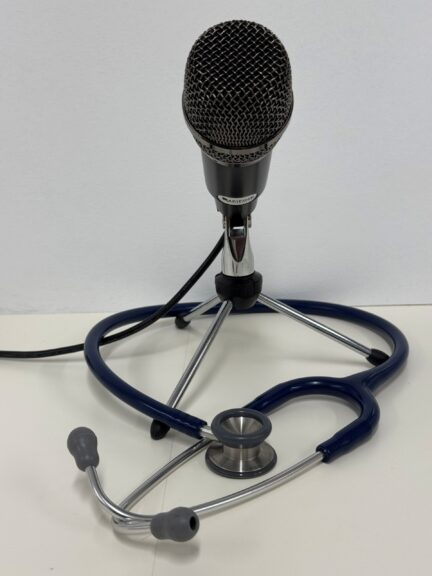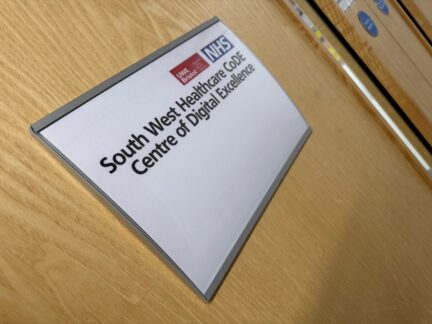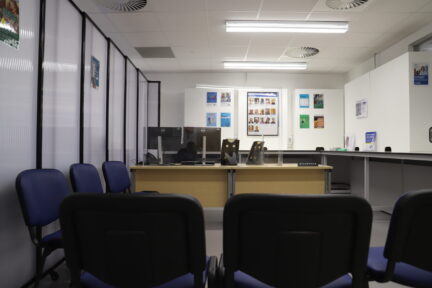
The CoDE has been designed to solve a problem: how best to rapidly deploy digital technologies at scale. NHS resources are stretched, and as part of the response to this challenge South West regional leaders are committed to the appropriate and safe use of digital technology to help to improve healthcare for patients.
However, our issue is not a lack of digital innovation. Like all regions around the country, in the South West we have many excellent examples of new technologies that have been trialled and piloted, often with great success. We are also aware of many new emerging technologies from around the world that we could harness. The problem is how to test new digital tools effectively and how to scale these pilots up to work across all healthcare providers and settings – localised differences in ways of working mean that just because a technology works well in one place it does not necessarily follow that it will work as well somewhere else. This is a long-standing issue for the NHS.
By realistically simulating a range of different set-ups and configurations in the CoDE we are able to clearly demonstrate how scale can be achieved and determine exactly what is required for deployments to be successful in any given setting. We can understand in detail how new tools would integrate with existing ways of working, essential for any successful deployment. Also, since the CoDE is entirely simulated, we can test ambitious cutting-edge technologies that may be disruptive to normal services, and we can explore the potential positive and negative impacts before we approach any real healthcare settings.
The simulated physical environment, alongside realistic scenarios based on actual clinical practice, means we can investigate the human interactions and behaviour changes that can result from using new technologies and quantify these in a systematic way, so we are not just testing whether the technology works but also understanding deeply how it could affect staff and patients.
This is yielding fascinating insights described in multiple research papers currently in draft, and also producing clear practical guidance for clinical teams to support their confident adoption of new digital technologies. It is early days, but the CoDE is already becoming a fundamental cornerstone for us in the South West, enabling us to support the rapid and safe transformation of services based on digital technologies (focussing on ambient voice scribes initially), delivered at scale across the whole region.

